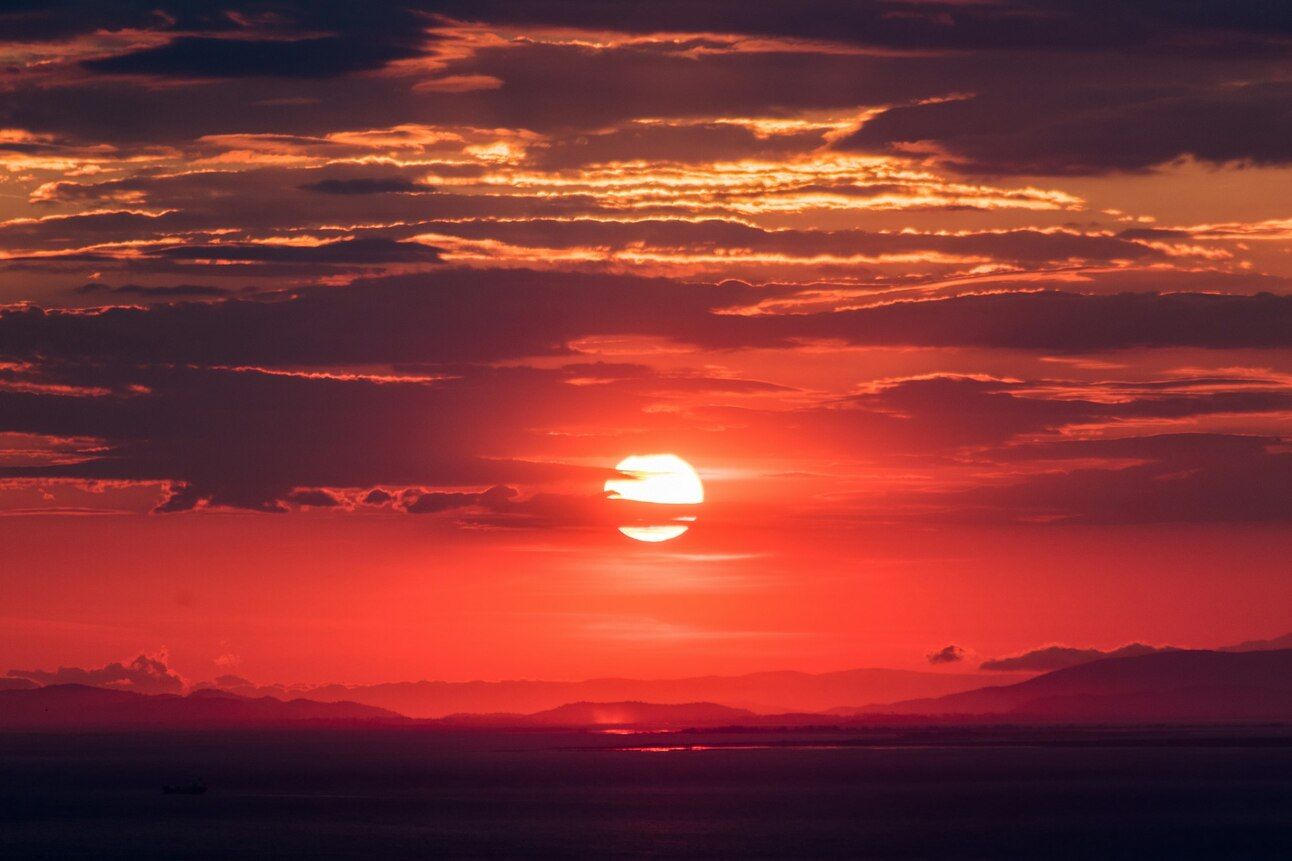- To Err Is Human
- Posts
- Gone West
Gone West
The West has become synonymous with ruggedness, high adventure, manifest destiny, desert climates, and shootouts among outlaws and lawmen.

[To] go west: 1) If something goes west, it is lost, damaged, destroyed, or spoiled in some way; and 2) (British & Australian, old-fashioned) if someone goes west, they die.*
The West has become synonymous with ruggedness, high adventure, manifest destiny, desert climates, and shootouts among outlaws and lawmen. In American society, the West is where the nation-state must meet its foreordained destiny, amongst the plains, deserts, and great, snow-capped mountains. In other words, the West is America’s frontier, lost to time and progress. Frederick Jackson Turner cemented the importance of this western frontier saying, “The existence of an area of free land, its continuous recession, and the advance of American settlement westward explain American development.” This same thinking believed the West was a place where prosperity was to be found, (Think: Go West, young man…) with prospector’s gold pan or farmer’s plow. However, throughout history, the West has often been synonymous with death. The ancient Egyptians buried their dead on the western banks of the great Nile River. The West is where the blazing hot sun sets at the end of the day. More specifically, the West is where the sun goes to die at night. It is then renewed again the next day by rising from the East. During World War One, British and Australian soldiers might say their dead comrades went West. This beautiful euphemism, in all its simplicity, suggests that the West is not what it seems. Although the West has been appropriated by the sweet words of progress, hope, and life, it is death that is quite familiar with and even comfortable in the West.
*Sources: Cambridge Advanced Learners Dictionary & Thesaurus and Free Dictionary